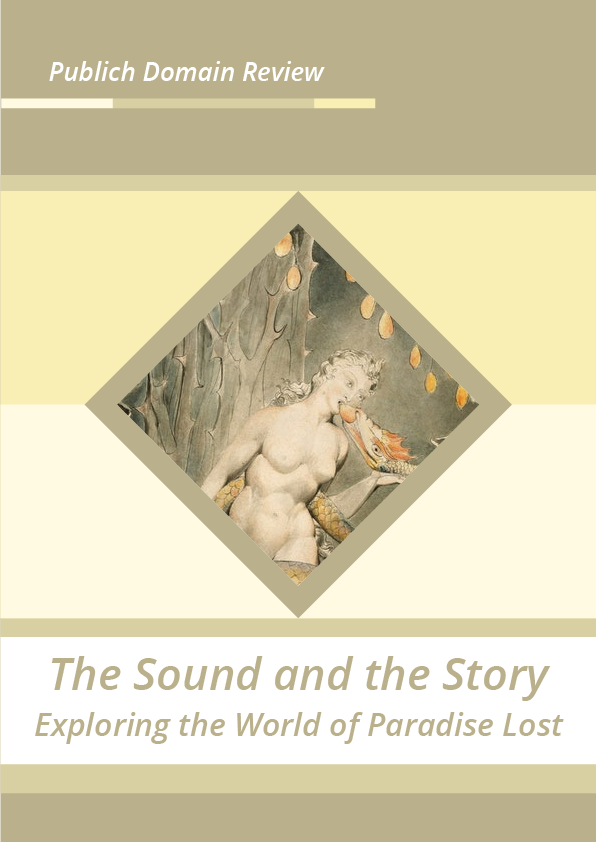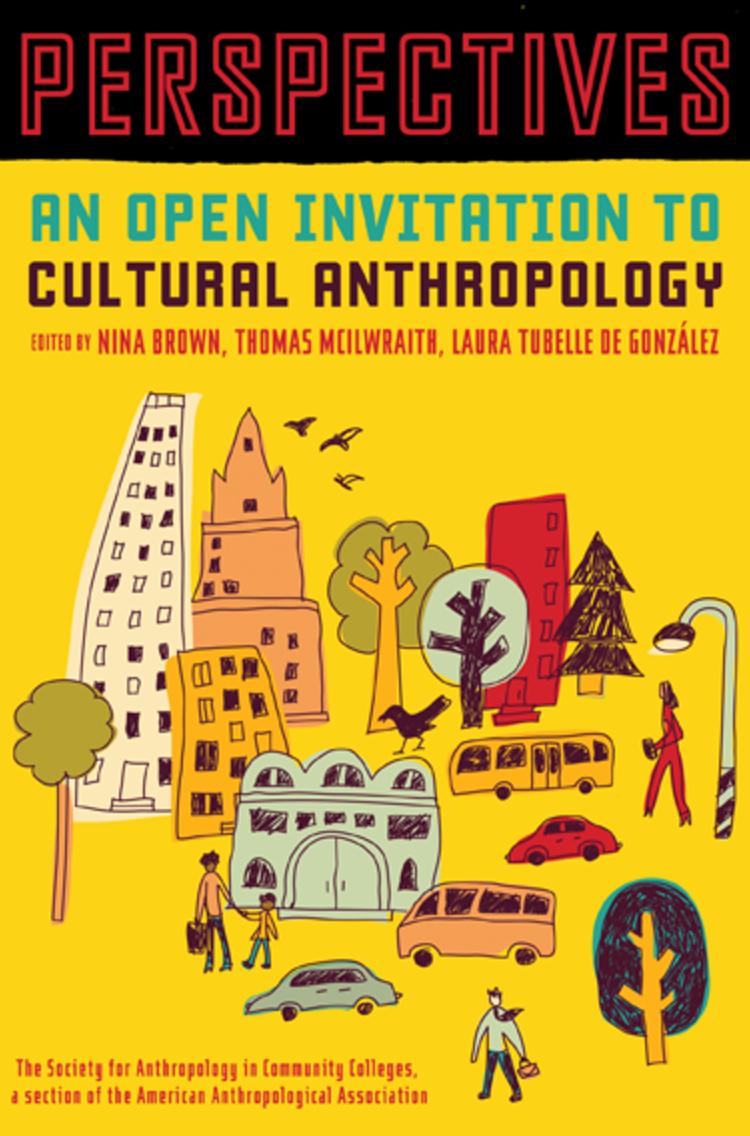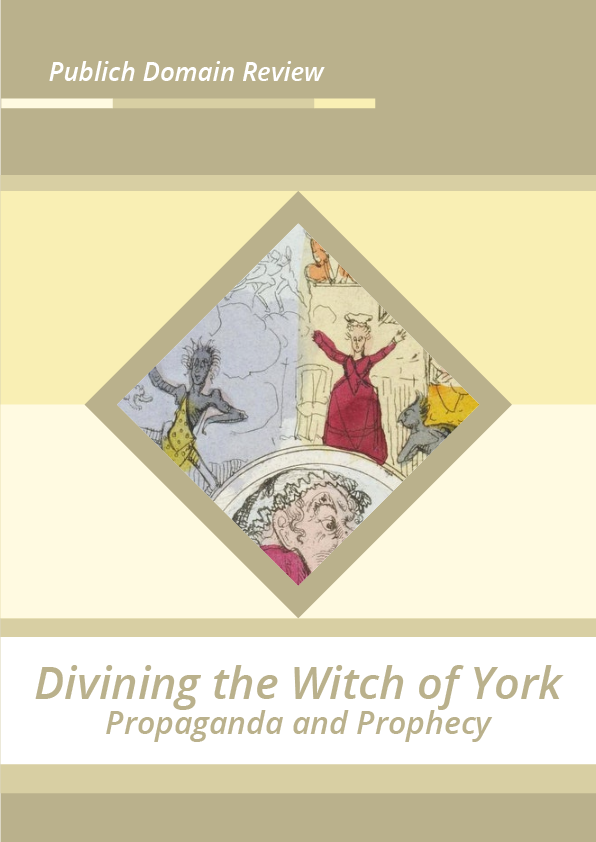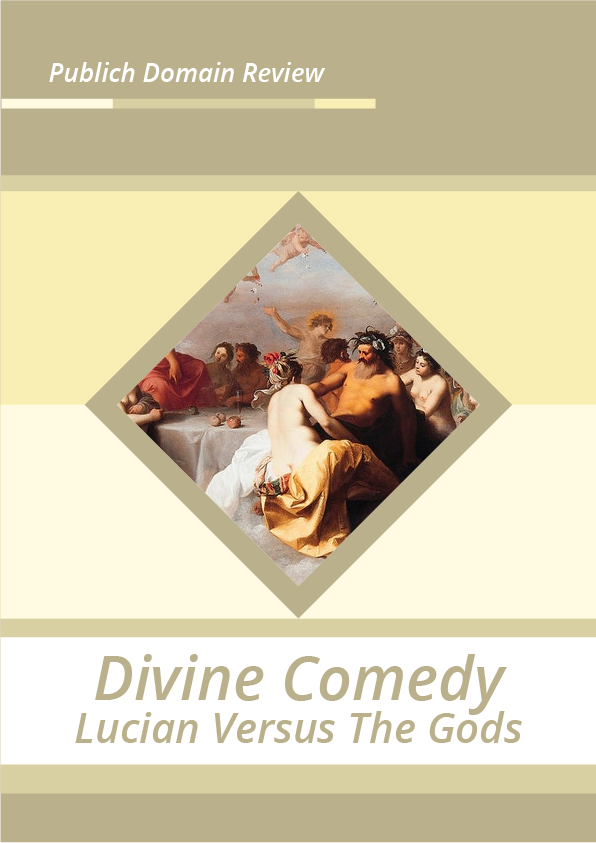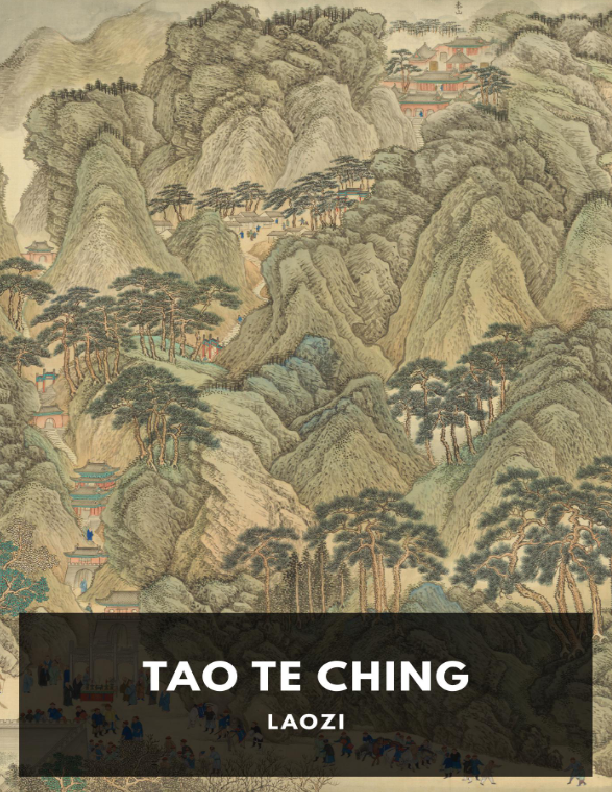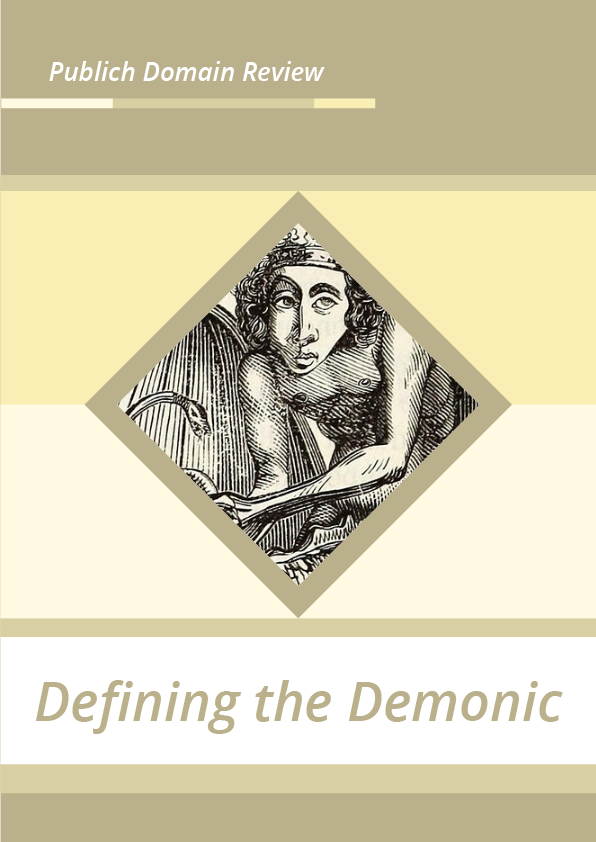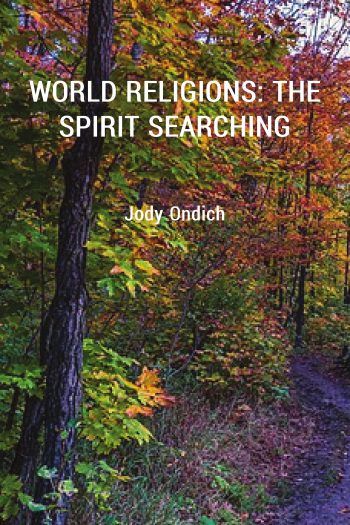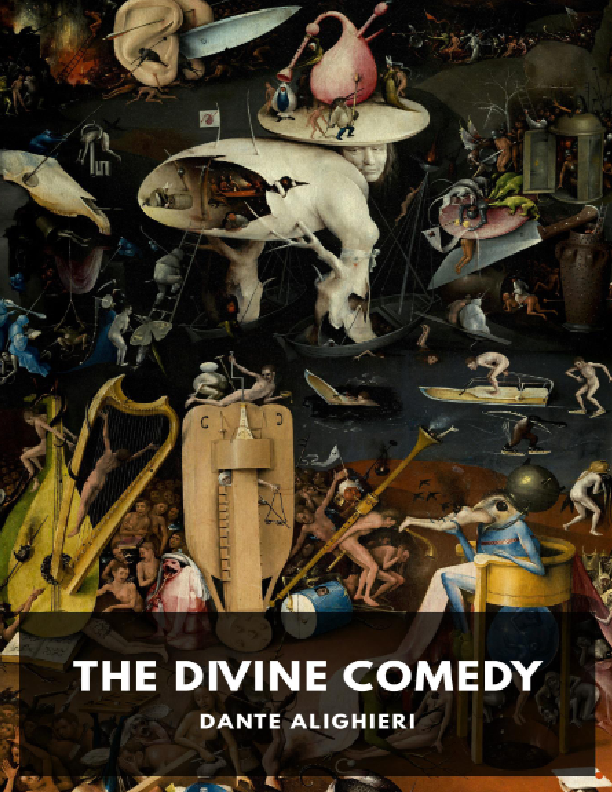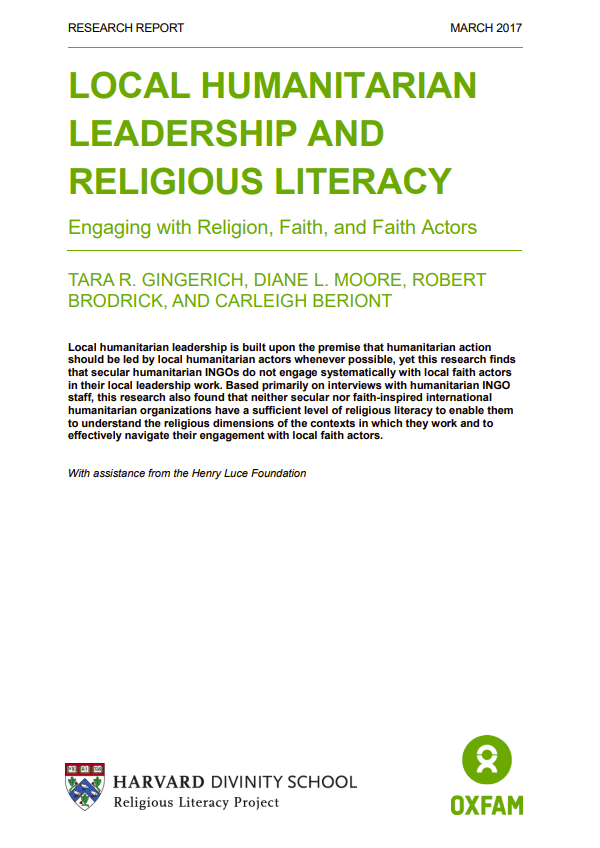Exploring the World of Paradise Lost
John Milton’s Paradise Lost has been many things to many people — a Christian epic, a comment on the English Civil War, the epitome of poetic ambiguity — but it is first of all a pleasure to read. Drawing on sources as varied as Wordsworth, Hitchcock, and Conan Doyle, author Philip Pullman considers the sonic beauty and expert storytelling of Milton’s masterpiece and the influence it has had on his own work.
A correspondent once told me a story — which I’ve never been able to trace, and I don’t know whether it’s true — about a bibulous, semi-literate, ageing country squire two hundred years ago or more, sitting by his fireside listening to Paradise Lost being read aloud. He’s never read it himself; he doesn’t know the story at all; but as he sits there, perhaps with a pint of port at his side and with a gouty foot propped up on a stool, he finds himself transfixed.
Suddenly he bangs the arm of his chair, and exclaims “By God! I know not what the outcome may be, but this Lucifer is a damned fine fellow, and I hope he may win!”
Which are my sentiments exactly.
I’m conscious, as I write this essay, that I have hardly any more pretensions to scholarship than that old gentleman. Many of my comparisons will be drawn from popular literature and film rather than from anything more refined. Learned critics have analysed Paradise Lost and found in it things I could never see, and related it to other works I have never read, and demonstrated the truth of this or that assertion about Milton and his poem that it would never have occurred to me to make, or, having made, to think that I could prove it. But this is how I read this great work, and all I can do is describe that way of reading.
The Story as a Poem
So I begin with sound. I read Paradise Lost not only with my eyes, but also with my mouth. I was lucky enough to study Books I and II for A level many years ago, and to do so in a small class whose teacher, Miss Enid Jones, had the clear-eyed and old-fashioned idea that we would get a good sense of the poem if, before we did anything else to it, we read it aloud. So we took it in turns, in that sixth-form classroom in Ysgol Ardudwy, on the flat land below the Harlech Castle, to stumble and mutter and gabble our way through it all, while Miss Jones sat with arms comfortably folded on her desk, patiently helping us with pronunciation, but not encumbering us with meaning.
And thus it was that I first read lines like this. Satan is making his way across the wastes of Hell towards the new world he intends to corrupt, and a complex and majestic image evokes his distant flight:
As when far off at sea a fleet descried Hangs in the clouds, by equinoctial winds Close sailing from Bengala, or the isles Of Ternate and Tidore, whence merchants bring Their spicy drugs: they on the trading flood Through the wide Ethiopian to the Cape Ply stemming nightly toward the pole. So seemed Far off the flying fiend . . .
That passage stayed with me for years, and still has the power to thrill me. “Ply stemming nightly toward the pole” – in those words I could hear the creak of wood and rope, the never-ceasing dash of water against the bows, the moan of the wind in the rigging; I could see the dim phosphorescence in the creaming wake, the dark waves against the restless horizon, the constant stars in the velvet sky; and I saw the vigilant helmsman, the only man awake, guiding his sleeping shipmates and their precious freight across the wilderness of the night.
The Lord of Dust, creator of daemons and spinner of the finest fairy tales, Philip Pullman is one of the world’s greatest and most influential storytellers. His wide-ranging body of work encompasses books for both adults and children, but he is best-known for the unparalleled achievement that is His Dark Materials and the eagerly awaited sequel, La Belle Sauvage, the first volume in Pullman’s new series The Book of Dust. Published by Penguin Random and David Fickling Books in October 2017, La Belle Sauvage has since been named Waterstone’s Book of the Year. The second book in the series, The Secret Commonwealth, published October 2019.
